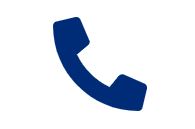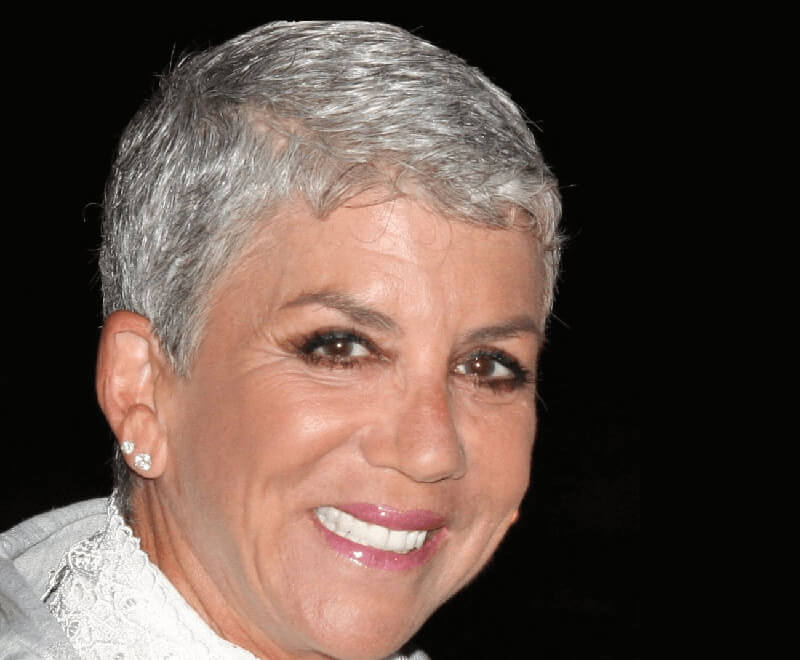Recognized Worldwide
Our team of over 100 cardiologists ensures that you receive the most appropriate and advanced treatments known to medicine.
-
Meet the Experts
Find a cardiologist for heart care and treatment.
-
Clinics & Specialty Areas
Learn about the full range of cardiology services available.
-
Research & Clinical Trials
Advancing medicine and offering new treatments.
Schedule An Appointment Schedule An Appointment
Schedule online through MyChart
Current Johns Hopkins Medicine patients: Log into MyChart and schedule online

Schedule by phone
New and existing patients: 443-997-0270

Management of Advanced Heart Valve Disease
Michael Robich, surgical director of structural heart disease at Johns Hopkins, and Rani Hasan, regional medical director of the structural heart disease program at Suburban Hospital, discuss how a multidisciplinary team works to get every patient the individualized care needed.
You Can Make a difference Charitable Giving
-
Coronavirus (COVID-19)
Support the Heart and Vascular Institute during the coronavirus pandemic and help care for those battling COVID-19.
-
Cardiology
Support cutting-edge cardiovascular medicine, innovative research and patient care.


